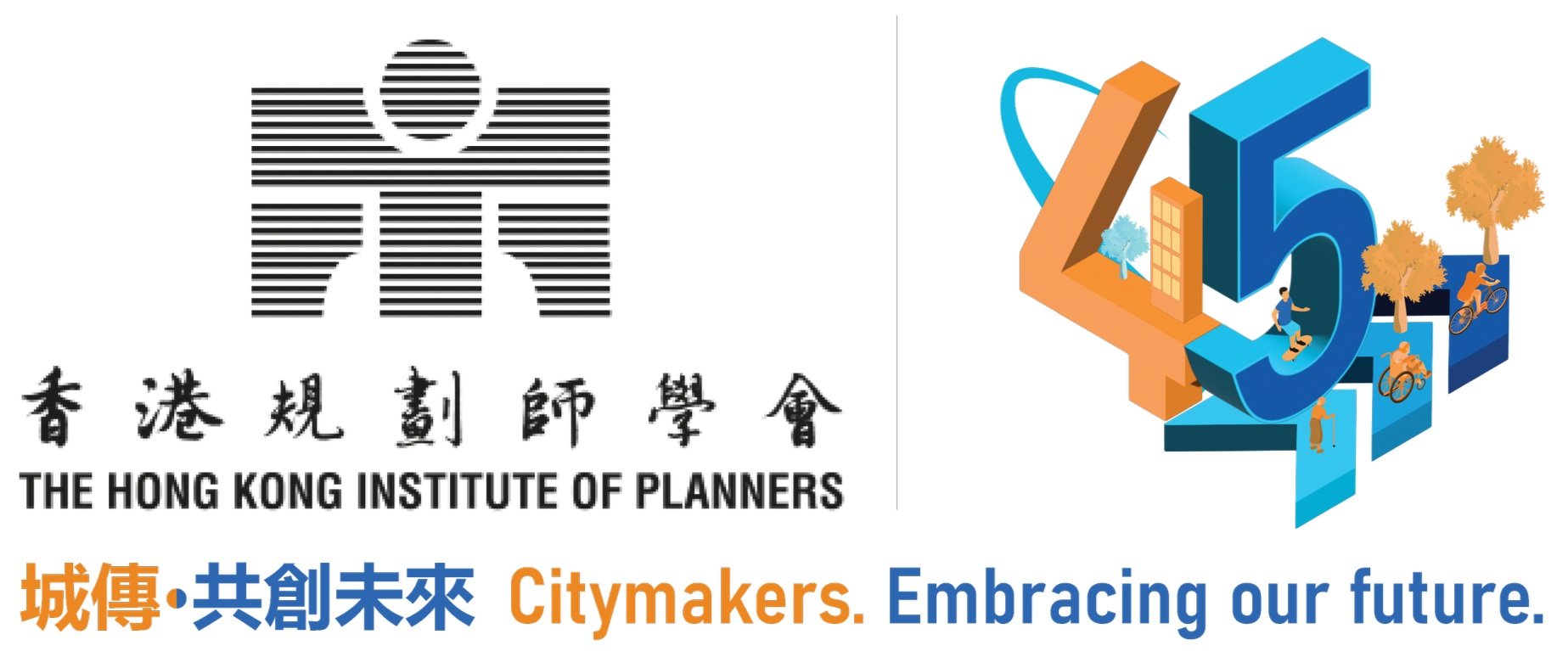Urban Renewal Strategy (Sep 2001)
The Hong Kong Institute of Planners (HKIP) welcomes the release of the Urban Renewal Strategy Consultation Paper by the Government but urges further clarifications on a number of key issues. The specific strategies on building rehabilitation and heritage area preservation are lacking. Assessments on social and community impacts must be made available during Town Planning Board hearing process. In order to build successful public consensus, the Institute recommends selected information on the planning parameters and guidelines for the 225 projects be released for public consultation.
Consensus Building is Key to Successful Urban Renewal
The HKIP welcomes the public consultation currently undertaken by the Government on the Urban Renewal Strategy as an important procedure in building community and public consensus. In an open society, public consensus is key to the success of a complicated and controversial endeavor such as large-scale urban renewal. The HKIP strongly supports that a “people-centred” approach should be adopted in urban renewal.
Rehousing and Integration
Under the concepts of “fair and reasonable compensation” and “proper rehousing” as presented in the Consultation Paper, particularly for the latter, the element of choice within reasonable limits must be included. In order to put the rehousing strategy in line with a people-centred approach, the provision of choices in rehousing, should also be a proper objective of urban renewal.
The objectives in the paper also separately deal with the provision of new facilities and the preservation of the old fabric of our city. While the HKIP supports these aims, we also advocate that in each target area, the renewal plan should aim at organically integrating the characteristics, social networks and buildings worthy of preservation with ant proposed new buildings and facilities.
Further Clarifications on Rehabilitation and Heritage Preservation Strategy Needed
The Institute nevertheless believes that the Urban Renewal Strategy Consultation Paper lacks clarifications on some very important issues.
Although rehabilitation is one of the key functions of the Urban Renewal Authority (URA), the paper only mentions the Maintenance Cost Reimbursement Scheme for buildings affected by land acquisition. This proposal is narrow in scope. A more proactive and broader strategy on rehabilitation is lacking.
The Institute also supports that heritage preservation should include retention of local colours and district characteristics. However, the implementation of projects affecting public streets and space would inevitably require the support from other Government departments such as Highways Department and Leisure & Cultural Services Department. The strategy must clarify the specific roles of these departments in urban renewal, as well as the resources and authority of the URA in these projects.
Community Planning and Social Impact Assessments
We support the setting up of district advisory committees and holding of public meetings on URA projects.
The HKIP welcomes the carrying out of social impact assessments (SIA) for urban renewal projects. The Institute strongly recommends the publication of the findings of the initial SIA when the proposed project is announced in the Gazette. In addition, to facilitate the Town Planning Board to consider the Development Schemes proposed under the Town Planning Ordinance, relevant findings of the detailed SIA should be make available during Town Planning Board hearings.
Moreover, as part of the social impact assessment, it is important to recognize that other than residents, existing business operations and community organizations also form part of the social network. These elements should be covered in the SIA.
The social service team to be set up by the URA should have an independent and easily accessible office preferably located within the project area.
Financial Arrangements
Despite that we have no objection to a prudent approach in the financial arrangements as outlined in the paper, we strongly feel that some forms of direct injection of public funding should not be ruled out. In some circumstances, such as when it is found desirable to have the URA including a major public amenity or preservation element in one of its projects, or in the case of a non-viable but acutely needed project, it may be in the public interest to speed up the project by putting forward a direct grant to the URA.
Planning Information for the 225 Projects Should be Released for Consultation
In order to facilitate consensus building within the community on urban renewal, at least some principles of the planning parameters and guidelines concerning the 225 projects should be released to the public for consultation.
Future Review of the Urban Renewal Strategy
The Urban Renewal Strategy will be reviewed and updated biennially. The HKIP urges the Government to set out the process and mechanism for the review exercise.
Public Affairs Committee
Hong Kong Institute of Planners
24 September 2001
